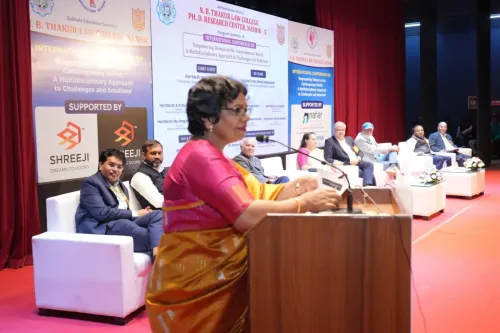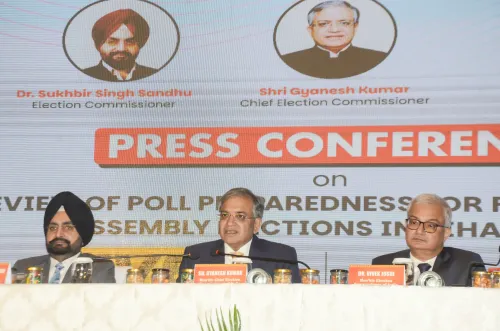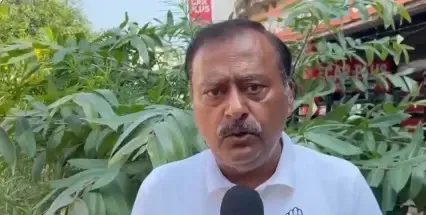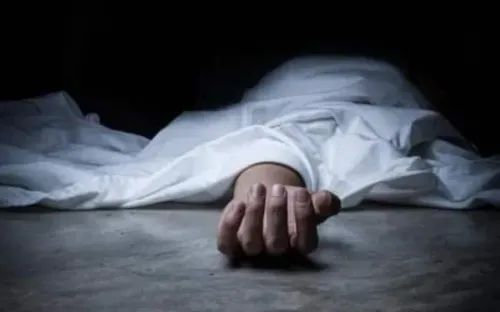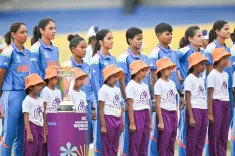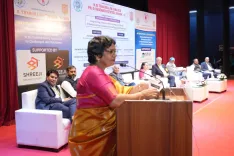What Caused the Opposition Uproar That Stalled Proceedings?

Synopsis
Key Takeaways
- Loc Sabha adjourned until noon due to protests.
- Opposition demands discussion on voter roll revisions.
- Speaker urges cooperation from MPs.
- Concerns over transparency in electoral practices.
- Ongoing political tensions between the government and Opposition.
New Delhi, Aug 20 (NationPress) The Lok Sabha was adjourned until noon on Wednesday due to yet another morning of chaos instigated by Opposition members, who surged into the well of the House, insisting on a discussion regarding the Election Commission of India's Special Intensive Revision (SIR) initiative in Bihar.
This protest, characterized by banners and chants, mirrored similar events that have unfolded during the Monsoon Session.
Speaker Om Birla commenced the proceedings with Question Hour, calling upon Congress MP Suresh Kumar Shetka and BJP MP Anup Sanjay Dhotre.
However, before Dhotre could finish his question, the Speaker intervened, showing visible disappointment at the growing disturbance.
Addressing the protesting MPs, Speaker Birla remarked, "It is not suitable to bring placards with sticks into the House. You are part of this institution and should assist in its operations."
Despite numerous appeals for calm, the Opposition remained unyielding, demanding an immediate conversation about the alleged discrepancies in Bihar's voter roll revision.
The Speaker's attempts to restore order were met with ongoing chanting and disorder, leading him to adjourn the House until noon.
This disruption is part of a larger conflict between the Opposition and the government concerning transparency in electoral practices.
INDIA bloc leaders have accused the Modi administration of obstructing discussions on the SIR initiative, which they suggest could influence the forthcoming Assembly elections in Bihar.
Recently, Congress leader Jairam Ramesh indicated that the government's "stubbornness" has resulted in repeated adjournments and walkouts. This recent adjournment adds to an increasing list of procedural interruptions during the Monsoon Session, which commenced on July 21.
While the government has advanced with legislative activities, including the passage of significant bills without the presence of Opposition members, the ongoing protests have overshadowed parliamentary operations.
As the House reconvenes at noon, it remains uncertain whether any resolution will be reached or if the impasse will persist, defining the session's atmosphere.
Speaker Birla's call for collaboration highlights the urgency of reinstating legislative normalcy amid escalating political divides.

